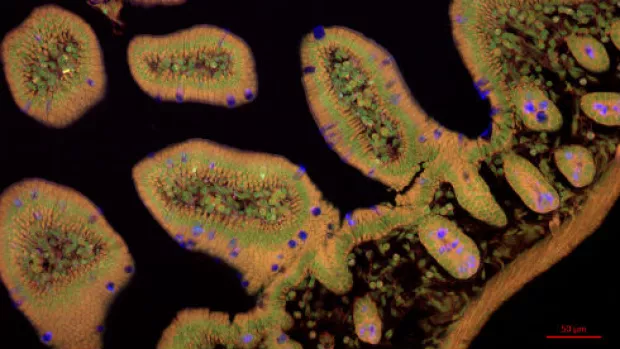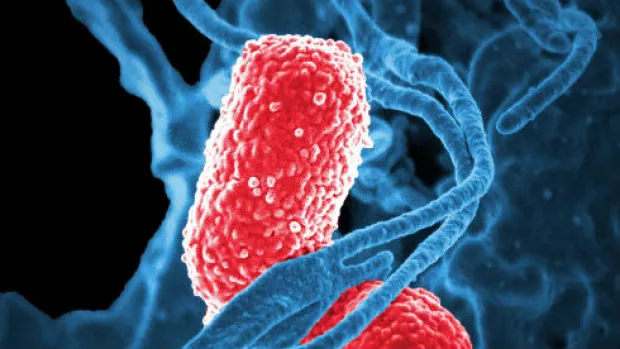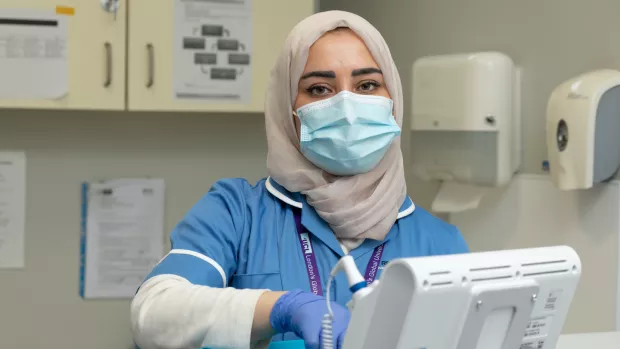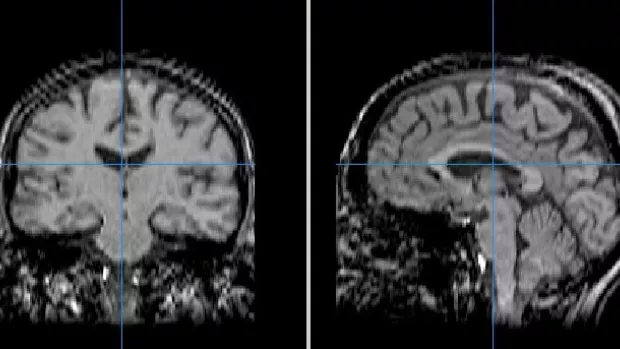Katie Roberts

Katie has worked as our Research Communications Officer.
Katie has a master's degree in molecular and cellular biochemistry from Oxford University, where she went on to be a graduate student researcher with a fully-funded scholarship from the Nuffield Department of Medicine.
Katie was with us until November 2017.








